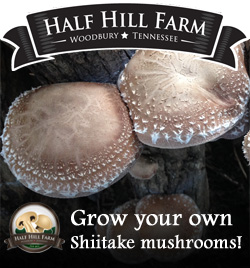Integrating a distillery into sustainable permaculture
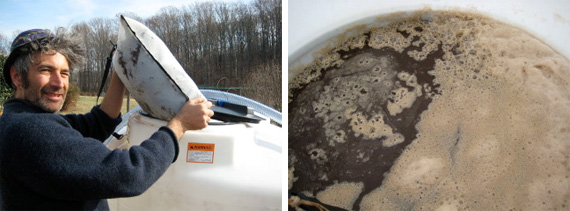
Fermentation expert and Cannon County resident Sandor Katz has been working on the farm for some time introducing the use of organic composts and compost teas to our agricultural processes. It’s one of the many sustainable agricultural values future visitors will experience at Short Mountain Distillery.
Sandor was recently featured in the November 22 edition of The New Yorker magazine for his work advancing a live-culture food revolution. As the article notes, Sandor’s two books – “Wild Fermentation” and “The Revolution Will Not Be Microwaved” are must reads for a new generation of underground food activists.
We are very fortunate to have Sandor working with us as we begin integrating centuries old distilling practices with the 300 acre farm.
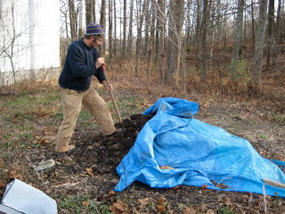 IT’S ABOUT SUSTAINABILITY: Last week, Sandor whipped up a big brew of compost tea that Billy and John sprayed on the newly plowed organic corn field. The practice will be repeated regularly and replace an unsustainable and costly practice of applying chemical fertilizer to the farm environment.
IT’S ABOUT SUSTAINABILITY: Last week, Sandor whipped up a big brew of compost tea that Billy and John sprayed on the newly plowed organic corn field. The practice will be repeated regularly and replace an unsustainable and costly practice of applying chemical fertilizer to the farm environment.
The processes Sandor is putting in place now will eventually transform some of Short Mountain Distillery’s grain product into an environmentally safe fertilizer. The process is amazing to watch and demonstrates a genuine bottom-up level of care for the life of the farm and quality of spirits we will produce.
Besides whiskey and moonshine, the process of distillation creates a usable grain product that is perfect for farm life. The grain mash from the distillery can be consumed by farm animals as well as crops. The distillery will produce tons of grain product annually.
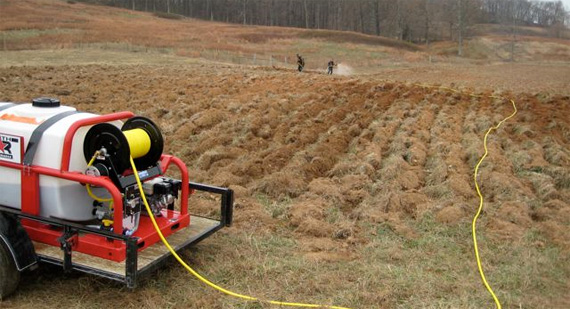
HOW IT’S DONE: To get the grain into a consumable product for crops, the grain will first be fed to livestock whose manure will be composted with other organic material.
Next, the manure and other organic materials and allowed to compost. This process requires turning the pile so the composting kills pathogens but not overheat and kill the microbes.
Once the compost process is complete, a portion then goes into a large “tea bag” and is left to aerate in a large cistern of water while the rest is used as a soil amendment. The resulting frothy tea, teaming with cultivated microbes, are sprayed onto the field where they continue digesting organic matter into usable nutrition for crops.




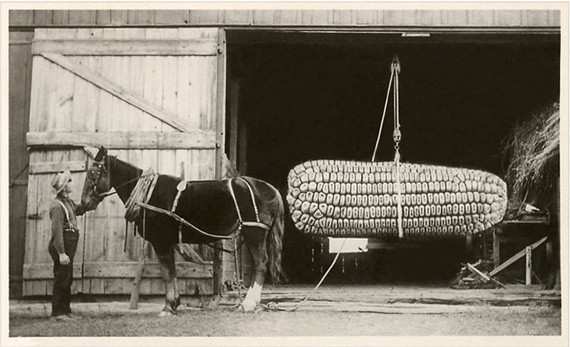
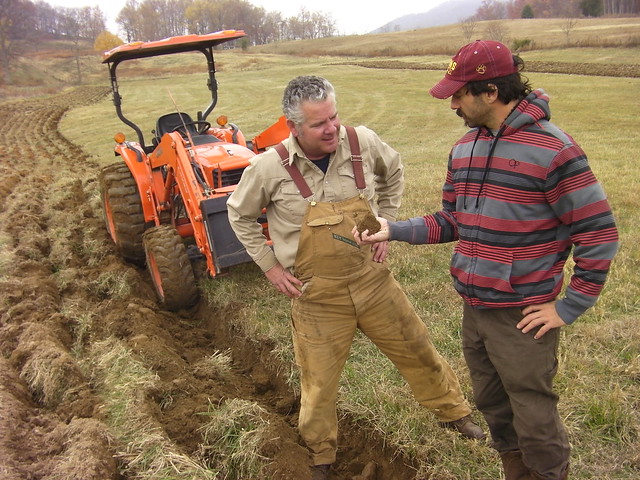

 We want to thank each and every one of you who came out and supported our effort and the future of our great county! We had a small group of voters hanging out at the Scoreboard on the square listening to the precinct results trickle in.
We want to thank each and every one of you who came out and supported our effort and the future of our great county! We had a small group of voters hanging out at the Scoreboard on the square listening to the precinct results trickle in.
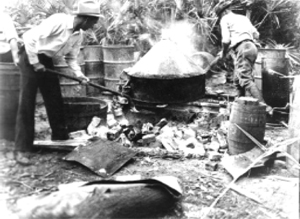
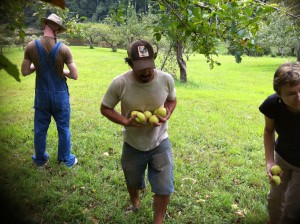
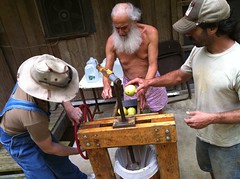
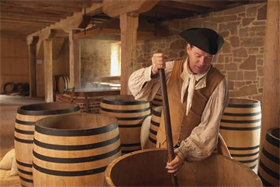 Distilleries have always been a part of American culture. Nearly every single one of our founding fathers distilled spirits, and one of the first taxes they levied on the American people to pay for war and to build our nation was the Whiskey Tax.
Distilleries have always been a part of American culture. Nearly every single one of our founding fathers distilled spirits, and one of the first taxes they levied on the American people to pay for war and to build our nation was the Whiskey Tax.
